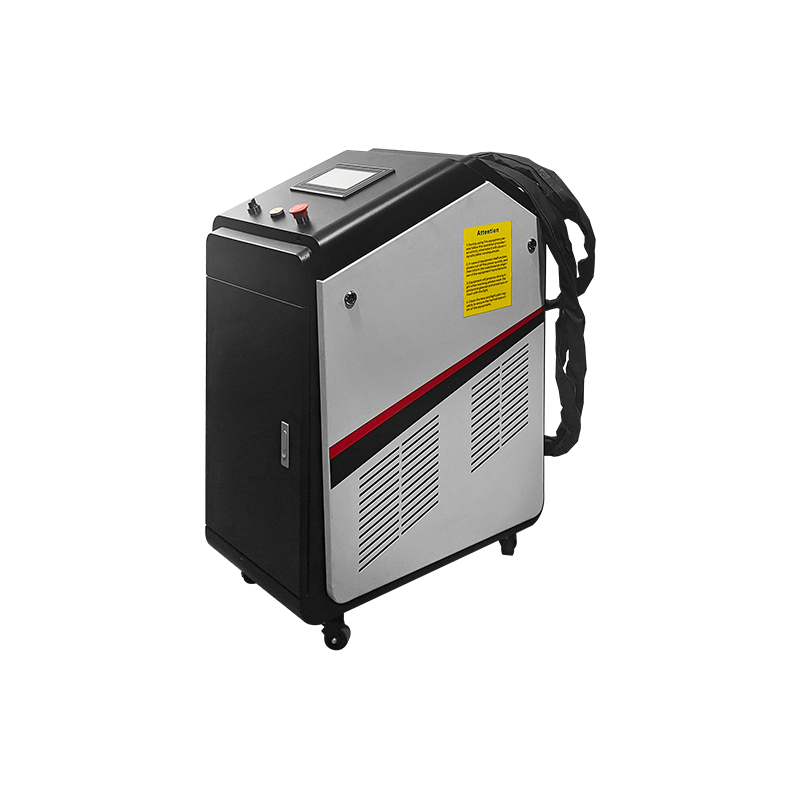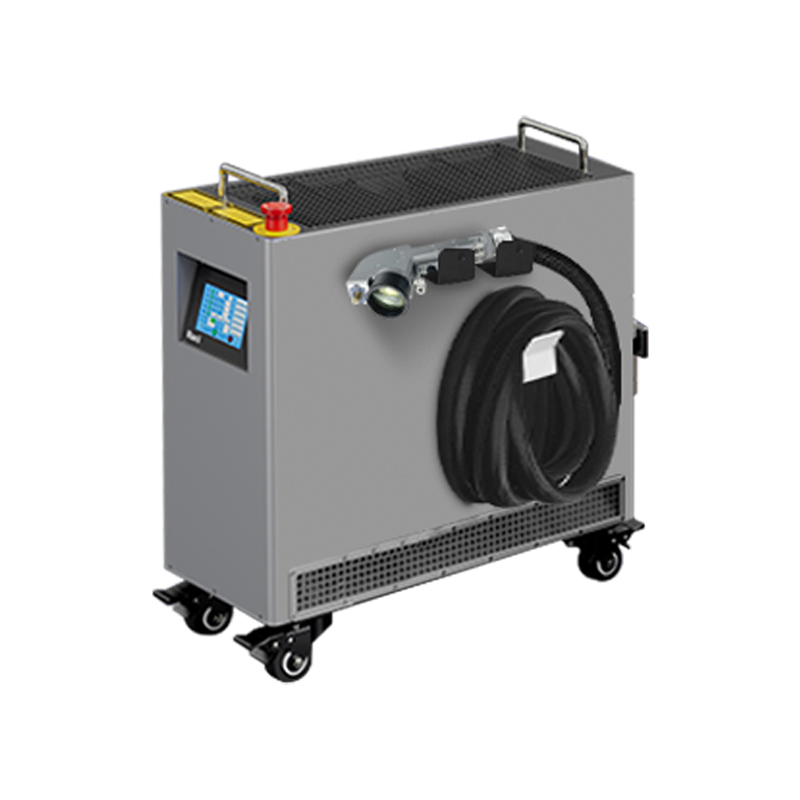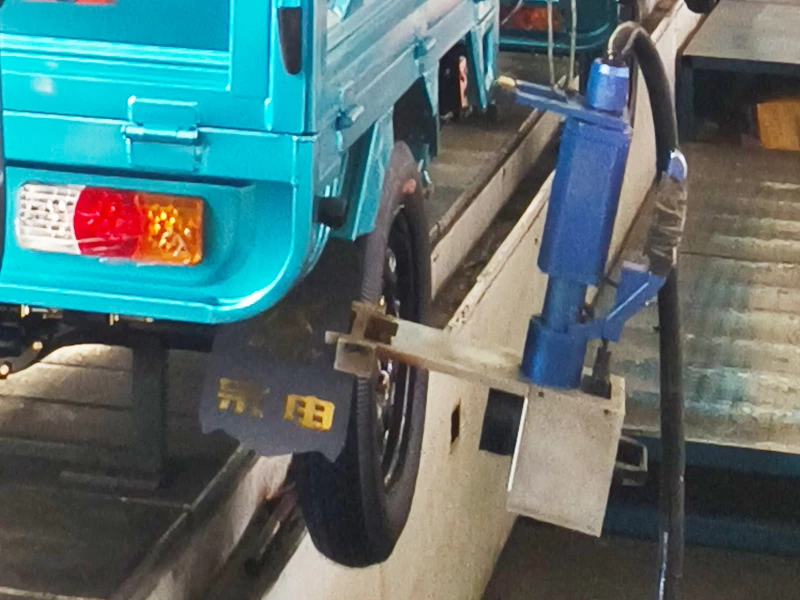Laser Cleaning Machines and Traditional Cleaning Methods
The industrial cleaning sector has seen significant advancements over the years. Traditionally, cleaning methods like chemical cleaning, abrasive blasting, and mechanical scrubbing have been the go-to solutions for removing contaminants, rust, paint, and other materials from surfaces. However, laser cleaning technology is emerging as a more efficient and environmentally friendly alternative.
What are Traditional Cleaning Methods
Traditional cleaning methods involve several approaches that use chemical, mechanical, or abrasive means to remove unwanted substances from surfaces. These techniques have been widely used in various industries from construction and manufacturing to restoration and maintenance over the past few decades.
Chemical Cleaning
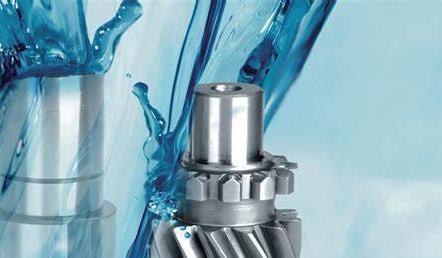
Chemical cleaning involves using strong solvents, acids, or alkalis to dissolve unwanted materials like paint, rust, or grease. This method is commonly used in industries such as metalworking, food processing, and even healthcare to maintain sanitary conditions.
While chemical cleaning can be effective in breaking down dirt, it has several disadvantages:
- Environmental Hazards: Many chemicals used in cleaning processes are harmful to the environment and require proper disposal methods.
- Health Risks: Workers need to take precautions when handling chemicals due to the potential for skin burns, respiratory issues, and other health problems.
- Surface Damage: Certain chemicals may damage delicate surfaces or react with materials in unintended ways.
Abrasive Blasting

Abrasive blasting, commonly known as sandblasting, uses high-pressure air or water combined with abrasive materials such as sand, steel grit, or glass beads. This technique is widely employed in industries like shipbuilding, automotive, and construction to clean surfaces, remove rust, or strip old paint.
Despite its effectiveness in removing tough coatings and contaminants, abrasive blasting has several disadvantages:
- Surface Erosion: Extended exposure to abrasive materials can cause erosion and damage, especially to softer metals or delicate components.
- Dust and Waste: The process generates a large amount of dust and waste, which must be managed carefully to prevent environmental pollution.
- High Energy and Time Requirements: Abrasive blasting can be time-intensive and demands significant energy to achieve the desired results.
Mechanical Scrubbing
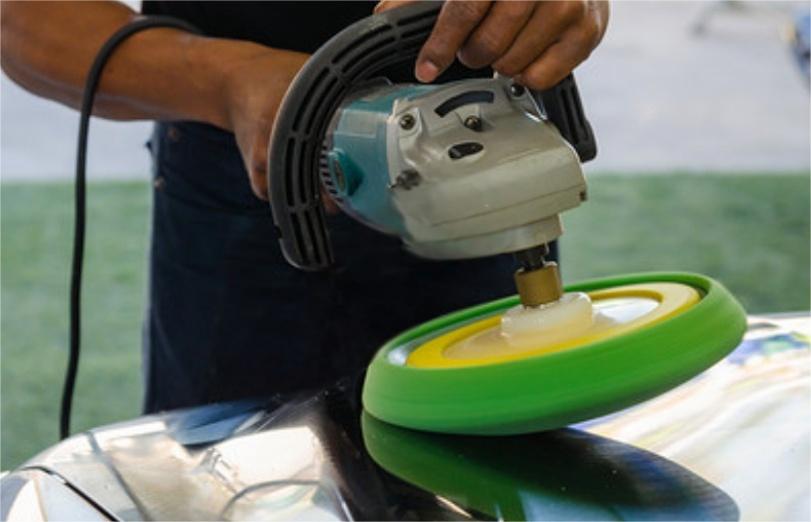
Mechanical scrubbing involves the use of physical tools such as brushes, pads, or scrapers to eliminate dirt and buildup. It is frequently employed for cleaning industrial equipment, floors, and large surfaces.
Despite its effectiveness, mechanical scrubbing comes with several challenges:
- Labor-Intensive: This process typically demands substantial manual effort and may not be efficient for large-scale industrial tasks.
- Surface Damage: Using too much force or improper cleaning materials can result in scratches, dents, or other types of damage to the surface.
- Inconsistent Results: Achieving a consistent level of cleanliness can be challenging, particularly on uneven or intricate surfaces.
What is Laser Cleaning Technology
Laser cleaning is a non-contact, eco-friendly technology that uses concentrated laser beams to remove contaminants from various surfaces. This technology has gained popularity across industries due to its precision and minimal environmental impact.
How Laser Cleaning Machines Work
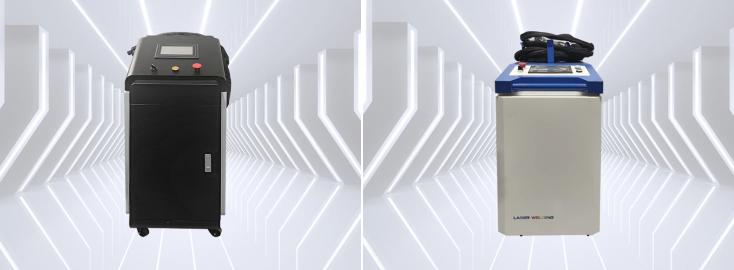
Laser cleaning machines function by directing focused laser light onto the surface that needs cleaning. The laser energy is absorbed by the unwanted layer, causing it to heat up and either evaporate (in the case of organic substances like paint) or disintegrate (in the case of oxides like rust). The process is known as laser ablation. The cleaned surface remains untouched by the laser beam since it is designed to interact only with the contaminants.
This process is highly controlled and can be fine-tuned to avoid damaging the underlying material, whether it is metal, stone, or another surface. Laser cleaning is typically automated or semi-automated, reducing manual effort and improving precision.
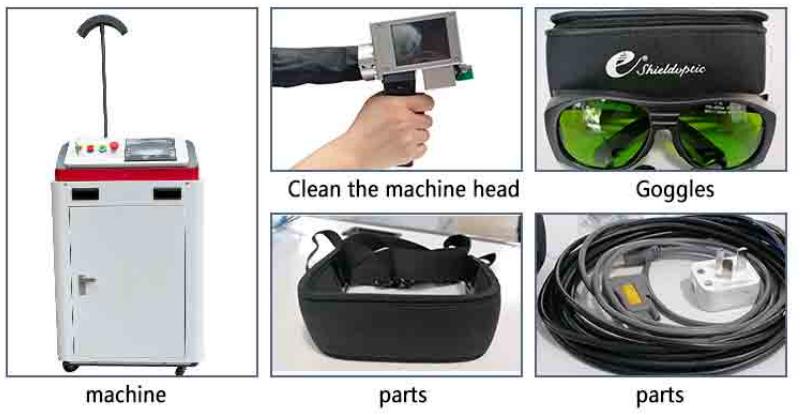
Advantages of Using a Laser Cleaning Machine
- Non-Contact Cleaning
One of the most notable benefits of laser cleaning is its non-contact nature. This means that the cleaning process does not involve any physical contact between the cleaning tool and the surface being treated. This eliminates the risk of damage to the surface, especially for delicate or intricate items.
- Precision and Control
Laser cleaning provides exceptional precision and control. The laser beam can be precisely focused on specific areas, allowing for targeted removal of contaminants without affecting surrounding materials. This is particularly advantageous in industries where precision is critical, such as heritage preservation, aerospace, and electronics manufacturing.
- Versatility and Adaptability
Laser cleaning technology is highly versatile and can be adapted to a wide range of cleaning tasks and materials. It can effectively remove various contaminants, including rust, paint, scale, and organic matter, from surfaces such as metals, plastics, glass, and stone. This versatility makes laser cleaning a valuable tool for many industries.
- Efficiency and Speed
Laser cleaning is often significantly more efficient than traditional cleaning methods. The laser can rapidly remove contaminants, reducing cleaning time and increasing productivity. This is especially beneficial in industries where time is a critical factor, such as manufacturing and maintenance.
- Cost-Effective
While the initial investment in a laser cleaning machine may be higher than traditional cleaning equipment, the long-term cost savings can be substantial. Reduced downtime, lower labor costs, and reduced consumption of cleaning materials can contribute to a significant return on investment.
- Environmental Friendliness
Laser cleaning is a more environmentally friendly option compared to traditional methods that often involve the use of harsh chemicals or abrasive materials. By minimizing the use of harmful substances, laser cleaning helps to reduce environmental impact and promote sustainability.
- Safety
Laser cleaning machines are generally safer than traditional cleaning methods. The non-contact nature of the process eliminates the risk of accidents or injuries associated with handling hazardous chemicals or abrasive materials. Additionally, laser cleaning machines can be equipped with safety features to protect operators from potential hazards.
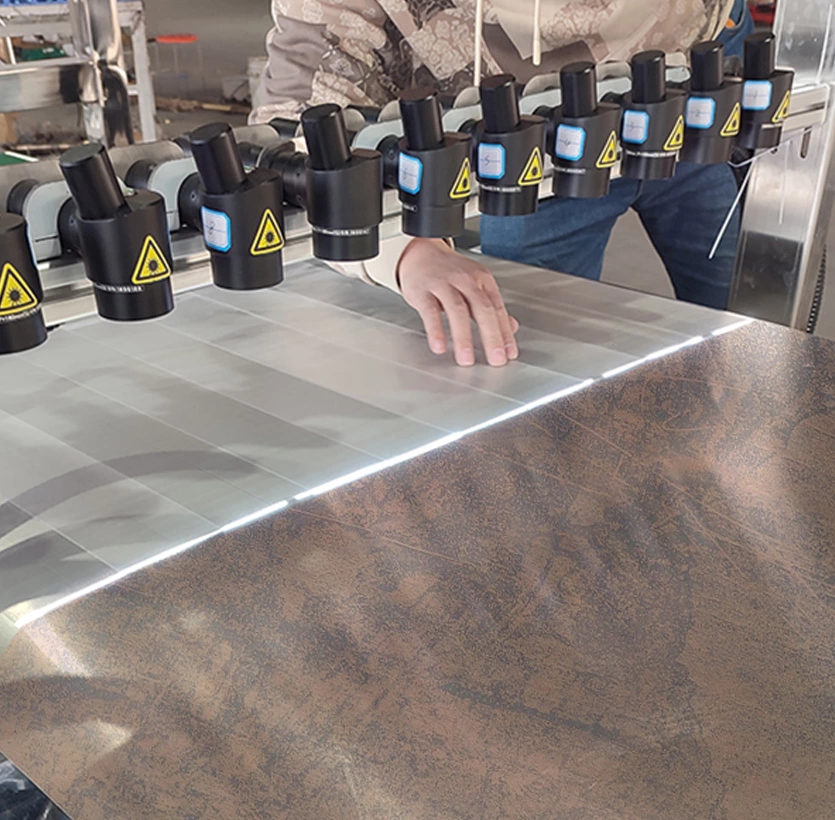
Differences between Laser Cleaning Machines and Traditional Methods
Here is a table summarizing the differences between laser cleaning machine and traditional methods.
| Feature | Traditional Cleaning Methods | Laser Cleaning Machines |
| Precision | Limited accuracy, often abrasive and less controlled | High precision, non-contact, and highly controlled |
| Environmental Impact | High, involves chemicals, water, and dust production | Low, uses no chemicals or abrasives, minimal waste |
| Surface Damage Risk | High, especially with abrasive blasting or harsh chemicals | Very low, laser settings can be adjusted to avoid damage |
| Safety | Risky due to exposure to toxic chemicals and dust | Safer, no harmful chemicals or airborne particles |
| Initial Cost | Lower upfront cost but higher long-term expenses for materials and labor | Higher initial cost but lower ongoing operational expenses |
| Operating Costs | High, requires continuous supply of consumables like chemicals, water, and abrasives | Low, minimal consumables and maintenance needed |
| Maintenance | Frequent, requires replacing abrasives, brushes, and chemical handling equipment | Minimal, lasers are durable and require little maintenance |
| Efficiency | Time-consuming with frequent stops for cleanup and setup | Faster, requires minimal setup and produces little waste |
| Waste Production | Produces hazardous waste such as chemical runoff and dust | Minimal waste, usually just vaporized contaminants |
| Versatility | Limited by material and method, difficult on delicate or sensitive surfaces | Highly versatile, suitable for a wide range of materials including metals, plastics, and fragile surfaces |
In summary, laser cleaning machines outperform traditional methods in terms of precision, environmental safety, operational costs, and versatility. While the initial investment for laser technology may be higher, the long-term savings and reduced environmental impact make it an attractive option for industries focused on efficiency and sustainability.
Laser Cleaning Machine Use Applications
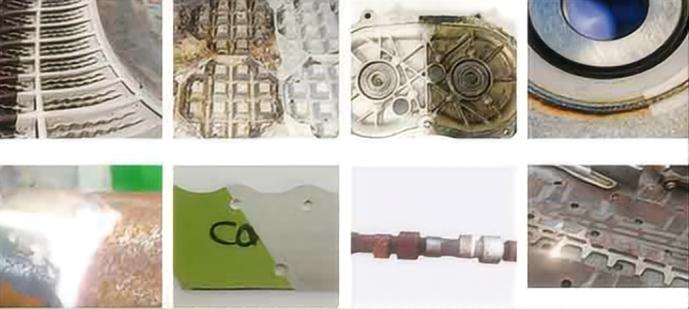
Laser cleaning machines have found applications across various industries due to their flexibility and efficiency. Some key areas of use include:
- Automotive Industry: Laser cleaning is used for removing rust, paint, and contaminants from car parts, molds, and tools, improving the longevity of machinery and ensuring cleaner surfaces for painting and coating.
- Aerospace: In aerospace, laser cleaning ensures precision when cleaning aircraft components like turbines, engine parts, and landing gears, where surface integrity is critical.
- Restoration and Conservation: Laser cleaning is popular in art and historical conservation due to its ability to remove dirt, corrosion, and other contaminants without damaging delicate surfaces, such as statues, paintings, and ancient artifacts.
- Manufacturing and Electronics: In manufacturing, laser cleaning is used for preparing surfaces for welding, bonding, or coating. In electronics, it is used to clean delicate components like circuit boards without physical contact.
- Power Generation: Turbine blades, heat exchangers, and other machinery parts can be effectively cleaned with laser technology, ensuring optimal performance and minimizing downtime.
All in all, Laser cleaning technology has proven to be a superior alternative to traditional methods, offering safer, more precise, and environmentally friendly solutions across industries. While the initial cost may be higher, the long-term benefits make it a worthwhile investment, particularly in industries where precision and material preservation are crucial.
Any need for laser cleaning machines? Contact Zixu and we are glad to provide you with the best quality products and service.
Recommended Products

